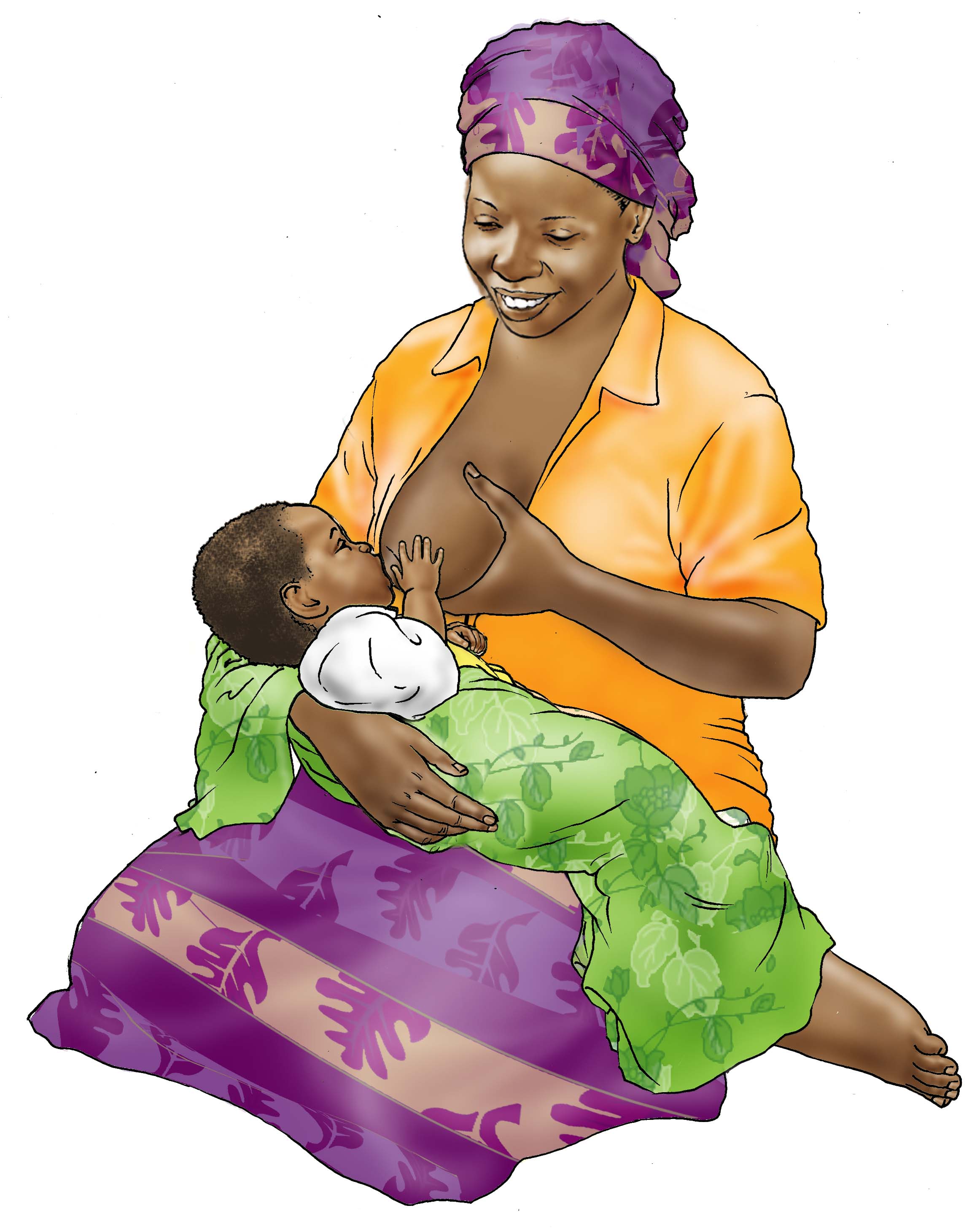
Here are five healthy living tips for adults. For your health, reduce your alcohol consumption and eat less processed food. Exercise more and be less stressed. We have provided some simple ways to help you live a healthier lifestyle. These tips won't work if you don’t. You will have a lower health budget, and a weaker immune.
Reduce alcohol intake
There are many reasons that you should limit your alcohol intake. Perhaps the most important reason, however is the increase in cancer risk. Alcohol can also increase the risk of developing cancer. In addition to posing a health risk to others, alcohol can also cause embarrassment. Even though alcohol is safe in small amounts, moderate consumption should be avoided. Below are some healthy living tips for adults to reduce your alcohol intake.
First, avoid drinking after midnight. You may find that you end up having more drinks if you drink too late at night. If this is the case it might be worth trying to find an alternative activity. Drinking too late in the evening can lead you to drink for longer periods. Wait until later in the day when you are more likely to have more time to enjoy your drink.
Reduce consumption of processed foods
Reducing your intake of processed foods can dramatically improve your health, and even your lifestyle. Although cutting out processed foods completely may be difficult for some people, it can be done in small steps. Drinking soda is not a good idea if you like processed food. Instead, try fruit-infused water. You can also choose to eat whole fruits over the processed versions. You can make small changes that will have a huge impact on your health and overall nutrition.

Instead of buying the processed variety, pick up a bowl of fresh fruit. Whole fruits are much healthier than those with added sugar or processed. You'll feel fuller for longer and you will avoid snacking. Also, fresh fruits and vegetables are great sources of fiber. If you have to eat meat, make sure you choose plant-based or less processed versions. Your body should also be active every day. Make it a priority.
Exercise with the family
It doesn't matter if you live in a big city or on an estate. You can still incorporate physical activity into your everyday life. You need to find activities that you can fit into your busy schedule, and that you both enjoy. Running, walking and playing games are all great family activities. If you're looking for family exercise tips, consider watching YouTube videos of different activities. Depending on your family's age and fitness level, you can combine physical activity with family outings or holidays.
Start small. It doesn't take a lot to create elaborate plans. Simply look for opportunities to be more active with your family. Consider parking further from your destination and taking the stairs rather than the elevator to get there. Then, walk to the corner store. You can be creative! You can spend winter outdoors with your family and friends. Play a game or go to the park together.
Reduce stress
High levels of stress can be detrimental to your health. Talk to your doctor to learn how stress can be managed in your life. Your doctor may recommend medication or therapy for a temporary fix. If you feel stressed out, it is worth taking the time to identify the cause and allow yourself extra time to manage them. A little bit of extra time can make all the difference. Here are some tips to help you reduce stress and make sure you get the most out your time.

Avoid stressful situations. Although they can temporarily relieve symptoms, drugs and alcohol do not treat the underlying cause. These drugs can cause long-term health problems. You must live safely. Avoid traffic jams, and don't listen to the evening news. Walking or biking is a better option than driving to avoid unnecessary stress. Shopping online is better if you are stressed. By avoiding stressful situations, you will be less likely to be injured.
FAQ
How can I avoid mental health issues in the future?
Preventing mental health issues is easier said than done. Here are some tips:
-
Don't drink alcohol. Alcohol can affect your moods and increase your risk of depression.
-
Avoid using drugs. Avoid using drugs.
-
Sleep enough. Anxiety and depression can result from sleep deprivation.
-
Exercise regularly. Exercise makes you feel happy and releases endorphins.
-
Healthy foods are the best. You can feel tired and unmotivated if you eat junk food.
-
Spend quality time spending it with loved ones. Spending time with people you love can make you feel happier.
-
Have fun! Enjoy life and try new things.
-
Retire from social media. Social media sites can make it difficult to feel alone and lonely.
-
Be kind to yourself. Treat yourself nicely, even if you aren't feeling great.
-
Ask for help. Ask for help if you are having difficulty coping. Talking to someone you trust can be a help.
-
Remember to be kind and gentle with yourself. Crying helps to relieve tension and stress. It does not mean that anything is wrong.
-
Be busy. Try to find something you like.
-
Maintain good hygiene. Neglecting to maintain a clean environment can lead to a feeling of unattractiveness and lackluster appearance.
-
Stay connected. Stay positive by connecting with others.
-
Learn how relax. Meditation and yoga can be helpful in reducing stress.
-
Find meaning in what you do. You can find fulfillment in your hobbies and work by finding meaning.
-
Focus on the present moment. You won't worry about the future if you are focusing on the moment.
-
Set goals. Set goals will motivate you to achieve them.
-
Do something nice for you. It can increase self-esteem to do something nice for yourself.
-
Practice gratitude. Gratitude helps you to appreciate all of the good things about your life.
-
Volunteer. Volunteering can provide a rewarding way to spend time with friends and make an impact on the world.
-
Give back. Giving back can make you feel satisfied.
-
Watch out for warning signs. You should be aware of warning signs and reach out for assistance if you notice any changes.
What is the importance of mental health?
Everyone's mental health is important. Mental health is crucial for all people. It is important to keep your mind healthy.
Our bodies will begin to show signs of stress if they aren't feeling well. This could cause problems in the body such as backaches, stomachaches, headaches and stomach pains. To keep our bodies and minds healthy, we must take care ourselves.
Why is it so important to improve our emotional health?
Your emotional health is vital for your happiness and well being. Your ability to perform at your highest level is dependent on how emotionally healthy you are. People who suffer from depression often find themselves unable to work effectively. They may also experience anxiety, panic attacks, insomnia, and other symptoms. These conditions can be successfully managed with medication and therapy.
What are some signs of mental-emotional difficulties?
Mental disorders include any condition that causes significant distress or impairment in functioning. Mental disorders include anxiety, bipolar disorder (depression), schizophrenia, borderline personality disorders, obsessive-compulsive disorders, post-traumatic stress disorder (PTSD), eating disorders, substance abuse and other.
Is there something wrong with me if I'm depressed?
Teens are often affected by depression. However, it's important to realize that many teenagers struggle with depression.
It doesn't mean you are insane or weak. People who are depressed don't know it. Depression can be a medical condition.
There are several types of depression. Some people feel only sadness, while some others experience other emotions. There are also different levels.
There are mild cases and severe cases of depression. It's important that you understand that depression doesn't always have to be bad. Sometimes it can help us deal with stressful events.
If you feel constantly tired or sad, consult a doctor. Your doctor can diagnose and decide if you require treatment.
How can one tell if someone has a mental disorder?
An individual may be diagnosed if they experience symptoms that disrupt their daily activities. Symptoms of mental illnesses vary from person to person. The most common symptoms are feeling depressed, sad, anxious, guilty and hopeless, lonely or depressed, as well as guilt, shame, guilt, guilty, guilty, guilty, suicidal and worthless.
A person may also be diagnosed with a mental disorder if they meet at least three out of four criteria listed below:
-
Disturbed thoughts and feelings
-
Disturbed behavior
-
Disturbance to functioning
-
Impairment in the ability to relate to others
Statistics
- Neuropsychiatric diseases are the leading cause of death and disability in the U.S., accounting for 18.7 percent of all years of potential lifespan loss and premature mortality.
- Similarly, for positive mental health, there is likely to be substantial agreement about some typical components (e.g., resilience to stress) 6, and controversy about more atypical components (e.g., career consolidation). (ncbi.nlm.nih.gov)
- More than 50% will be diagnosed with a mental illness or disorder at some point in their lifetime.3 (cdc.gov)
- Similarly, while there is some agreement about the boundaries of typical mental disorders 2, there is likely less agreement about those for positive mental health. (ncbi.nlm.nih.gov)
- More than 40 million adults in the United States have an anxiety disorder, but less than 37% of people seek mental health treatment for their symptoms. (talkspace.com)
External Links
How To
Why is mental health so important? And what steps can you take to improve it
Mental health refers to the state of your mind and emotional well-being. It affects how you feel, think, act, relate to others, sleep, eat, work, learn, play, and enjoy life.
Everyone should be concerned about mental health. But when we talk about mental health, we often mean depression. Depression is a serious illness that strikes millions of Americans each and every year.
Depression is also known as clinical depression because it requires treatment by a medical doctor. There are many kinds of depression.
Depression is defined by the National Institute of Mental Health as "a common disorder characterised by a depressed state that lasts for most of the day," loss of interest or pleasure in almost every activity, guilt or low selfworth, disturbed sleep and appetite, poor concentration, and thoughts of suicide.
People experience depression in various ways. Some may feel sad, hopeless, irritable, anxious, guilty, worthless, tired, unmotivated, and unable to concentrate. Others may easily feel numb, empty, restless, agitated, angry, fearful, and/or cry. Others may not feel anything at all.
Depression can be treated. You can get help for depression by taking medications, exercising, changing your diet, or making lifestyle changes. If left untreated, however, depression can cause problems at home, school, work, and in relationships.
Depression is more common in females than in men. However, both men and women can be affected. Depression is the most common cause of disability for both men and women between 15 and 44 years old.